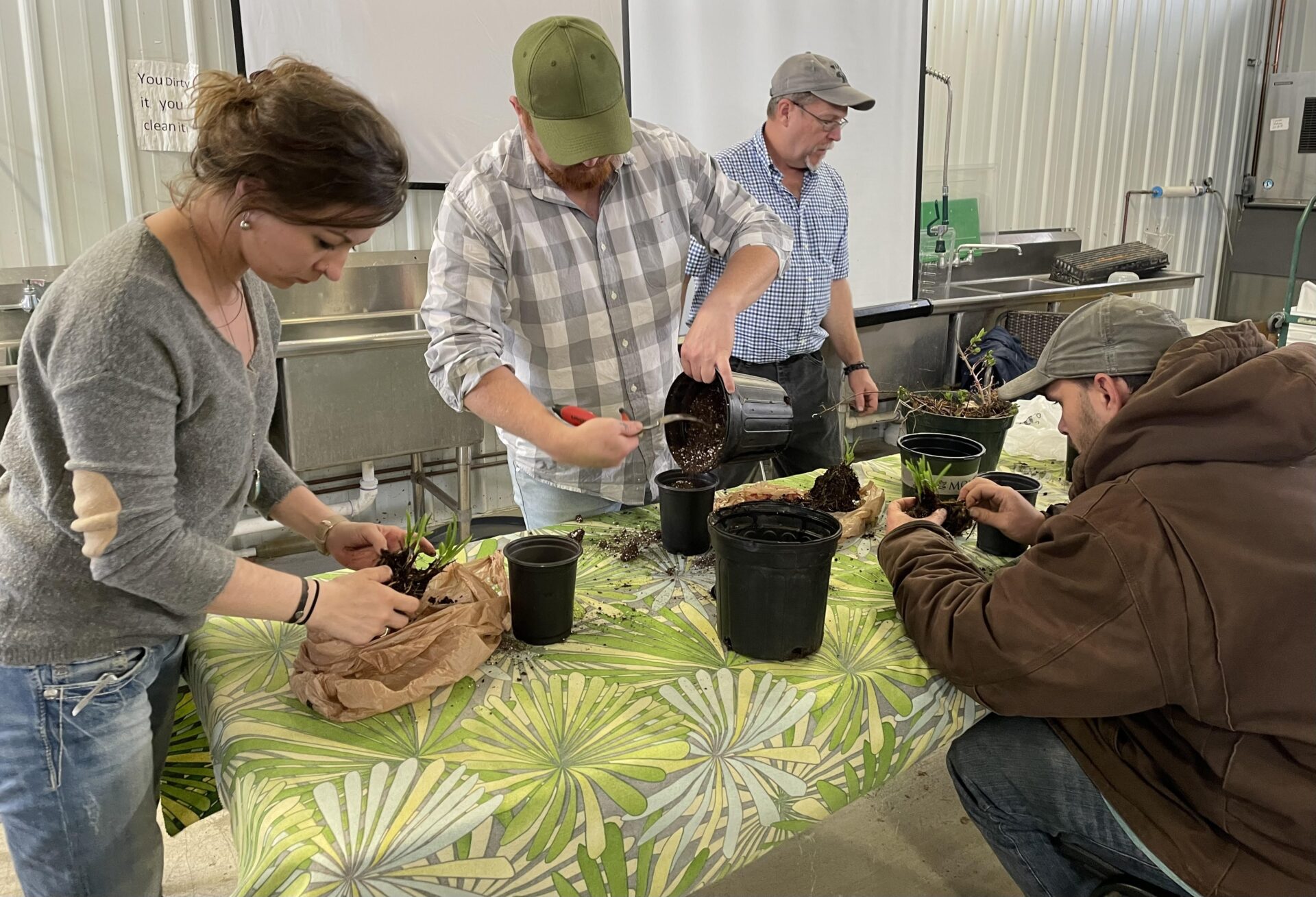The West Virginia Nursery and Landscape Association is training hopeful technicians to bolster the industry’s undermanned workforce as part of an initiative with the state’s national guard.
The program, located in Dunbar, trains students in landscaping basics including insect and disease management, pruning and lawn care. Potential workers can receive course certification through the program.
Michael Biafore, chairman of the agency’s workforce development committee, says it’s the first formal training for the career path to happen within the state.
“In West Virginia, the landscape industry, through 2022, grew six percent. And we expect to grow another four percent in the coming years,” Biafore said. “The problem is, that need keeps growing, but there aren’t any employees coming in to answer the call.”
The program was created under the umbrella of the state’s Jobs and Hope program, which helps those recovering from substance use disorder find their future career. Biafore says he’d like to see the program become a consistent pipeline for workers.
“We have turned to people that were maybe disadvantaged for whatever reason, and need a vehicle to come back into society, and earn a living and be productive,” Biafore said.
The program was created in tandem with similar training the association is implementing for students involved in trade school, with a program at Pierpont Community and Technical College last spring semester.
“We’re hoping to do it again this fall, our ultimate goal is to keep building on that and expanding that program,” Biafore said. “So one day, we will get to the level of some of our surrounding states with this curriculum.”
The program’s next training event is scheduled from May 15 to 19. Another program is also tentatively planned for this summer at Camp Dawson in Preston County. Biafore says they’re hoping to organize these training sessions up to four times a year.
Those interested can sign up at the Nursery and Landscape Association’s website.
